Grace Rajendran, event host for Seattle's University Book Store, welcomed everyone to the Pacific Northwest Booksellers Association's keynote breakfast on Friday morning, pointing out that, despite the disappointment of having to meet "virtually" rather than in person this year, an upside was that five authors from all around the world--literally--could join the festivities.
.png) |
| Sarah McCraw Crow |
Sarah McCraw Crow (The Wrong Kind of Woman, Harlequin, October 6) kicked things off, describing herself as a "late-blooming debut novelist." She's been working on The Wrong Kind of Woman for 13 years. It grew out of her interest in her mother's generation--who are all in their 80s and 90s today--and the all-male colleges that did not go co-ed until the late '60s and early '70s. It revolves around three characters: Virginia, the widow of a Clarendon professor; Rebecca, her 14-year-old daughter; and Sam, a Clarendon student. Crow said the book "explores casual racism and misogyny," which she experienced at Dartmouth College, on which Clarendon is loosely based: "The struggle for gender equality has not yet been won."
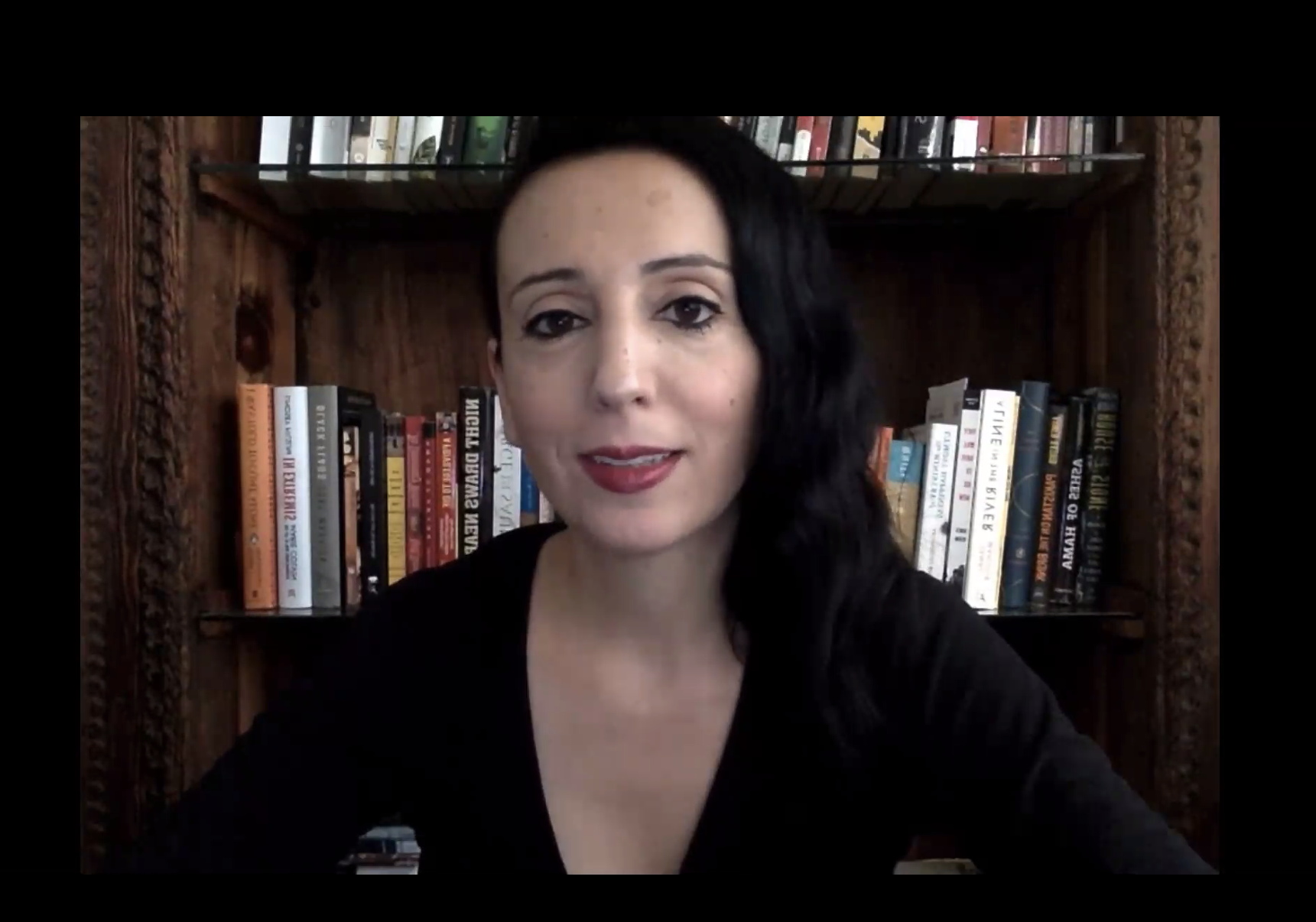 |
| Rania Abouzeid |
Speaking from her home in Beirut, Rania Abouzeid delivered a video message about her book Sisters of the War: Two Remarkable True Stories of Survival and Hope in Syria (Scholastic Focus). In this book for young people, she delves more deeply into the lives of two sisters: Sunni Muslim Ruha, who appeared in her book for adults No Turning Back (W.W. Norton), and Ruha's younger sister Alaa.
Abouzeid told a harrowing story of entering Syria illegally in February 2011. She was branded a "foreign spy" and blacklisted. But it didn't stop her from reporting on Syria: "I snuck across the border so many times I lost count." Her book describes the period's intense shellings, displacement, living as refugees, being kidnapped and held for ransom, "but also love of family, the ties that bind us to a place, hope, determination, dignity, the fight for freedom, resilience." Abouzeid said she wanted the protagonists to be the same age as its readers, much as The Diary of Anne Frank had brought alive the events of World War II for her as a young woman: "Anne showed us the horrors of war as a lived experience." Abouzeid's home is less than a mile from the blast that devastated Beirut in August, but thankfully no one was home when it hit. "For weeks, there were small razor-sharp shards of glass in our walls. I took great strength from the people I knew in Syria." She then read from lines near the close of the book: "We can't let what happened to us stop us. We must go on and we will."
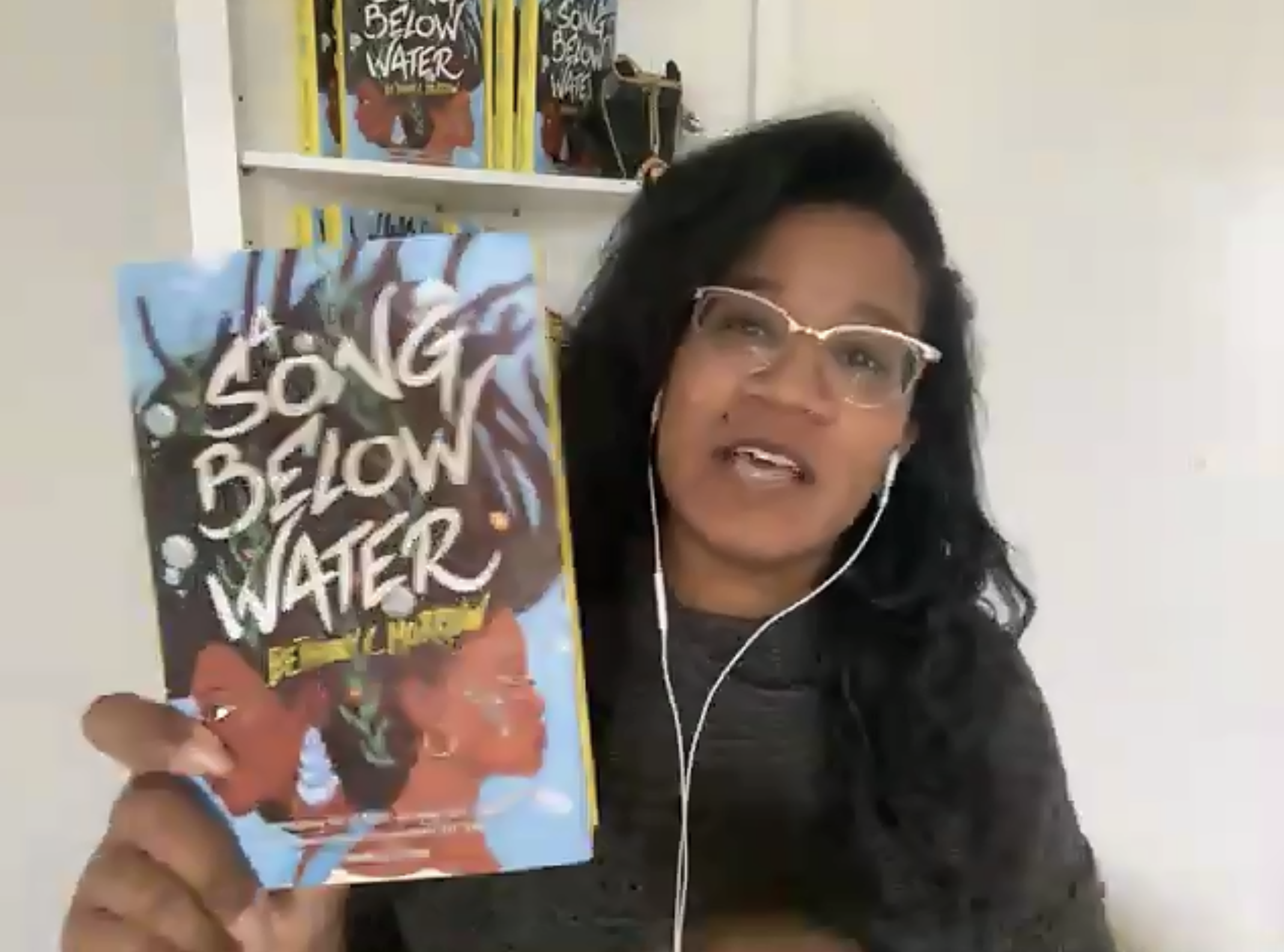 |
| Bethany C. Morrow |
Bethany C. Morrow used the cover of her fantasy A Song Below Water (Tor Teen) to talk about its story elements: sisters-by-choice Tavia and Effie are growing up in Portland, Ore., a primarily white city, "one that has a distinct mythology." Tavia knows she's a siren. Only Black women can be sirens, and there's a collar to silence them if they are discovered. Effie is a mermaid in cosplay at a Renaissance Fair.
Morrow explores misogynoir, the specific misogynistic attitude toward Black women. "My book is a love letter to Black girls," she said. "When your history has been erased, your pain, your joy seems fantastical."
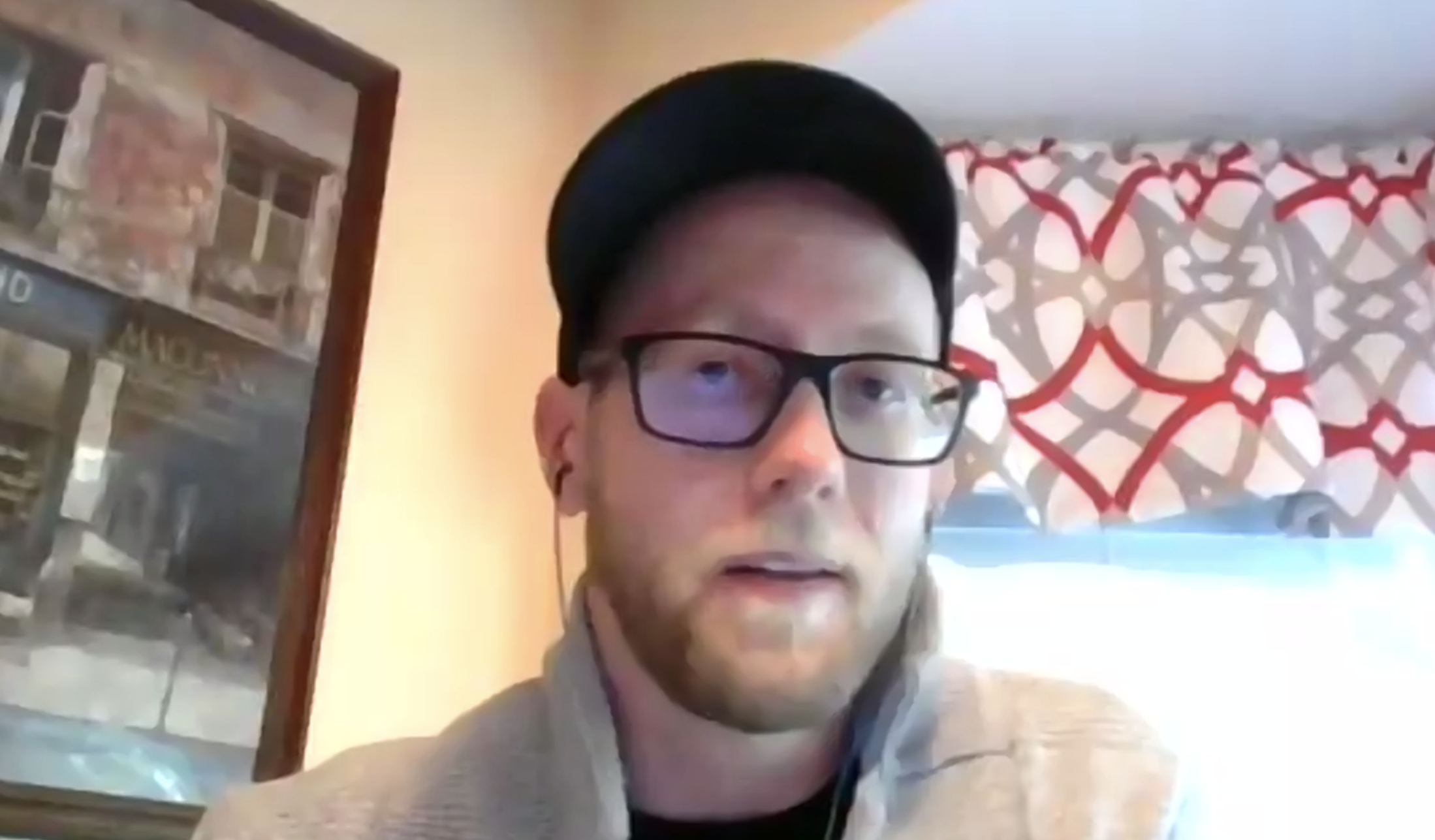 |
| T.J. Klune |
T.J. Klune called Under the Whispering Door (Tor, March 2, 2021), set in same world as his The House of the Cerulean Sea, part of his "Unofficial Kindness Trilogy." He described it as a "comedy about grief. No two people experience it the same way." Klune wanted to tell a story about two men who couldn't touch, but he had to figure out why. Were they in prison cells? No. He put the book on the back burner. Then he read A Christmas Carol. What if a man akin to Scrooge died, and was forced to see that what he'd built for himself was hollow?"Grief, while suffocating, can also be cathartic," Klune said. The book is a celebration of life, finding your way when all seems lost. We grieve for what we've lost, what we can no longer touch. The book is about faith, though not in the religious sense. You'll laugh and cry in equal measure."
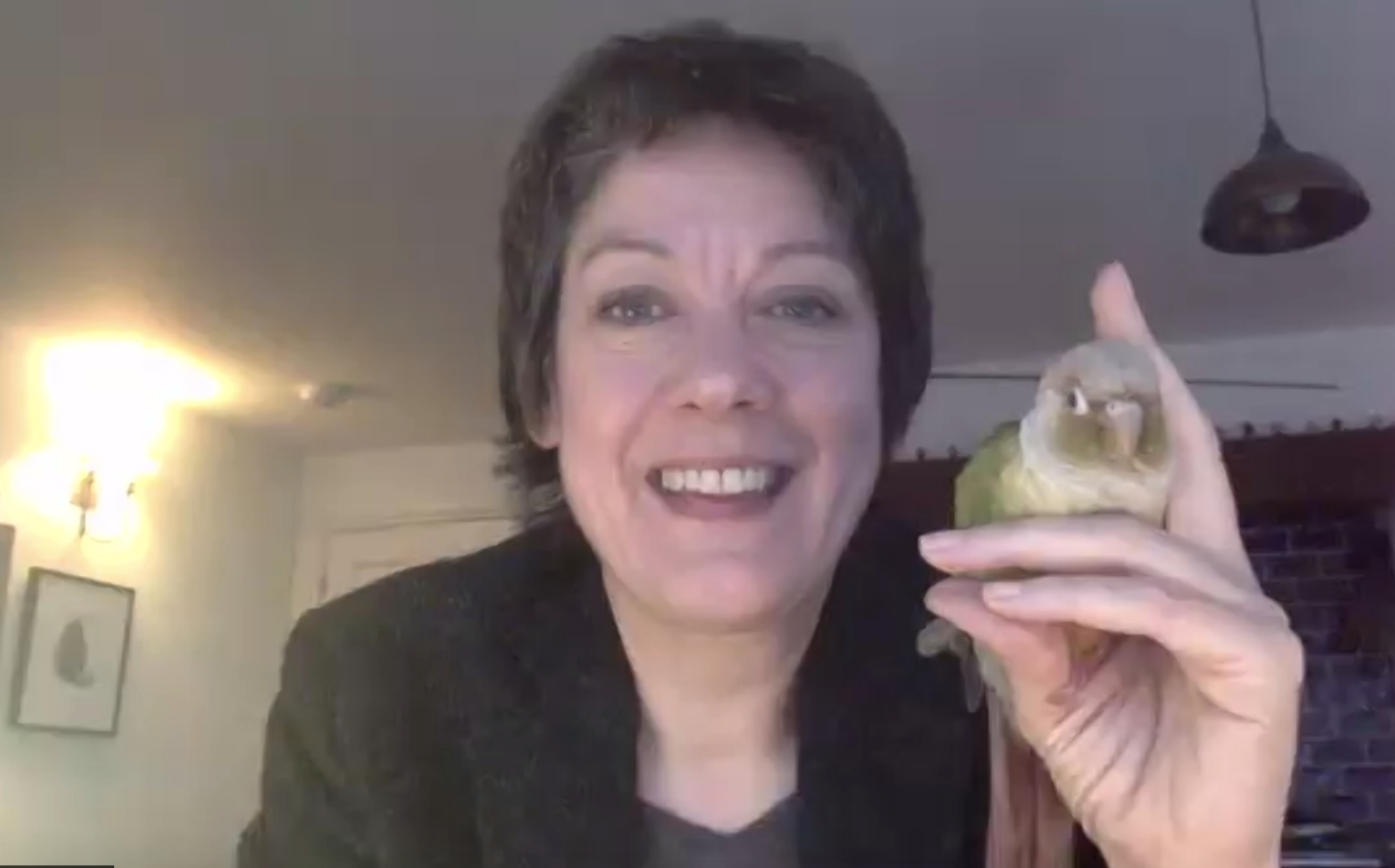 |
| Helen MacDonald |
One of the challenges for Helen MacDonald has been that people expect her to be out in the English countryside during these pandemic days. On the contrary, she said--it's "mostly me lying on the sofa under a blanket eating pints of ice cream." (Though she did come on camera with a parrot on her hand.) H Is for Hawk was about MacDonald grieving for her father. With Vesper Flights (Grove Atlantic), there's "hardwon hope": "These essays feel like I'm puzzling things out in the company of the reader."
She listed the themes of her essays: mushrooms, migraines, how she climbed the Empire State Building to watch birds "in May with their darkness in the thousands on their way South," she said. "I try to capture those moments in the book." MacDonald noticed the essays started to speak to each other when she began to form them into a book: "Themes of love and fear and injustice and hope and hearth and home. They keep reappearing." The author described herself as contrary: "If you tell me to do something, I'll do the opposite. What spurs me to act is love, not fear. It's not a polemical book but it does engage with this politic moment we're in but doesn't shout at readers." She advised: "Look at an animal and write at it. Encountering animals can be serious magic." --Jennifer M. Brown
---
PNBA's Distance Dinner
Grace Rajendran opened PNBA's Distance Dinner by thanking everyone for their continued support and hard work during a particularly difficult year. And while those in attendance agreed that it would have been more enjoyable to talk, eat and laugh in person, there was still plenty of enthusiasm and good humor to go around. The evening lineup included four thoughtful writers of fiction.
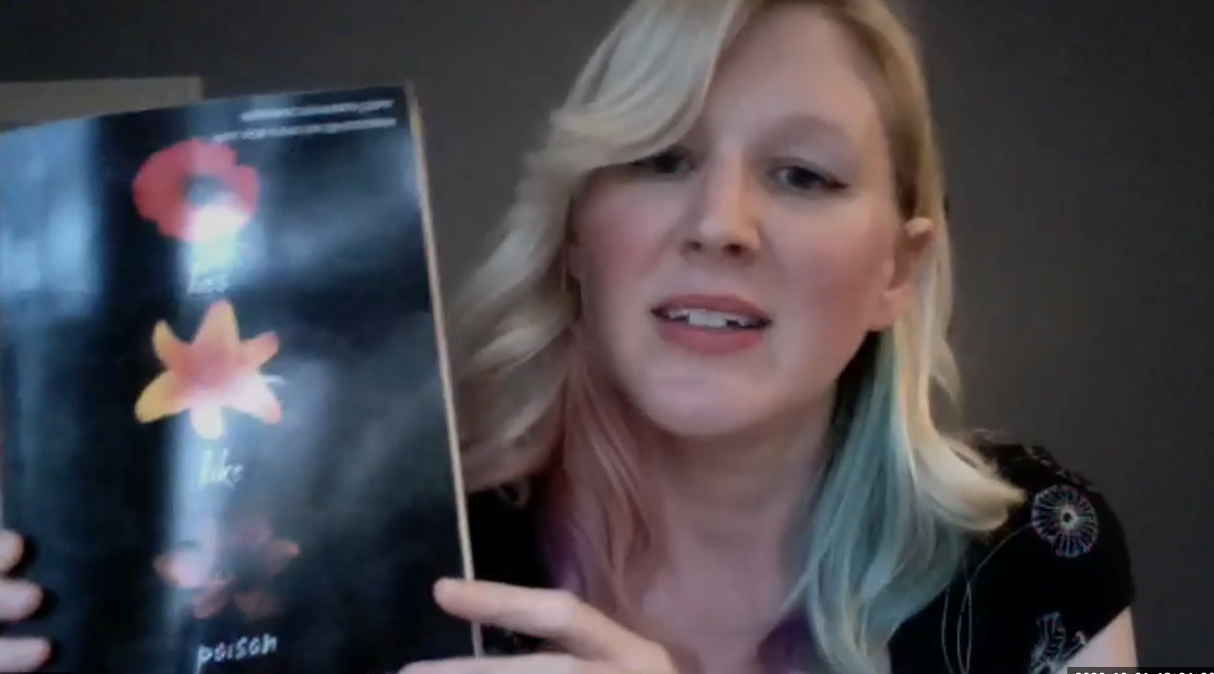 |
| Chelsea Pitcher |
Oregonian author Chelsea Pitcher described her fifth novel, Lies Like Poison (Margaret K. McElderry/S&S, November 10), as "Veronica Mars meets Snow White." It tells the story of a group of teenagers who conspire to poison an abusive stepmother. When one of them backs out, the plan and their friendship falls apart. But three years later, the stepmother dies by poisoning after all, and the friends must reconnect to find the killer. While writing this mystery, she admired the film Knives Out, and its ability to make every suspect appear convincingly guilty.
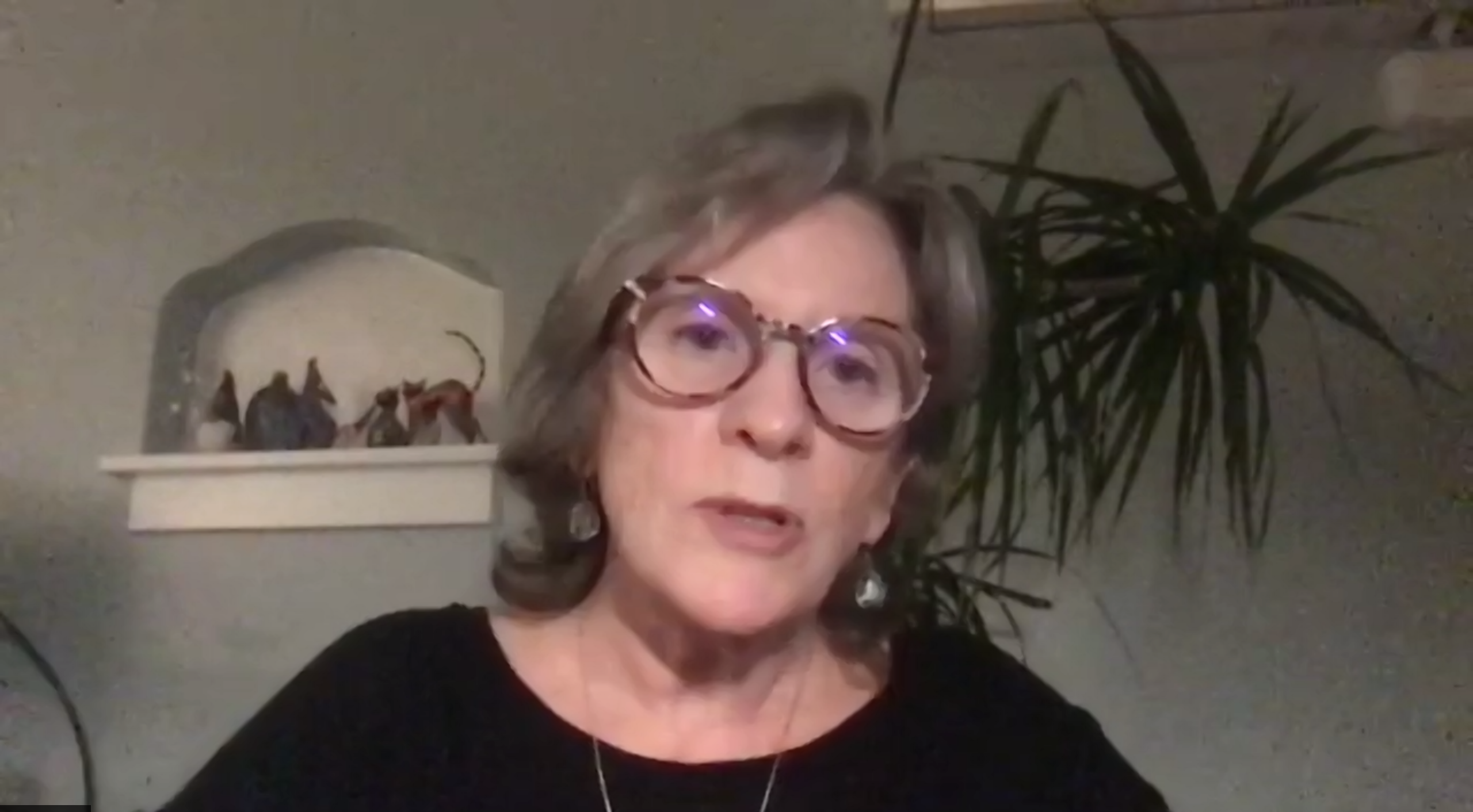 |
| Joanna Rose |
Portland-based author and former Powell's reading series curator Joanna Rose began her portion of the evening by pointing out what an honor it is, having been a bookseller for 15 years, to speak. "I know that books get sold one book at a time." Her novel A Small Crowd of Strangers (Forest Avenue Press), she said, "starts with books, ends with books, and in the middle, where character Pattyanne begins her journey toward understanding, it's centered in a bookstore." In describing her story, Rose talked about its connection to this age of distraction, and how none of us know where we're going and how to get there, but it's important to pay attention along the way.
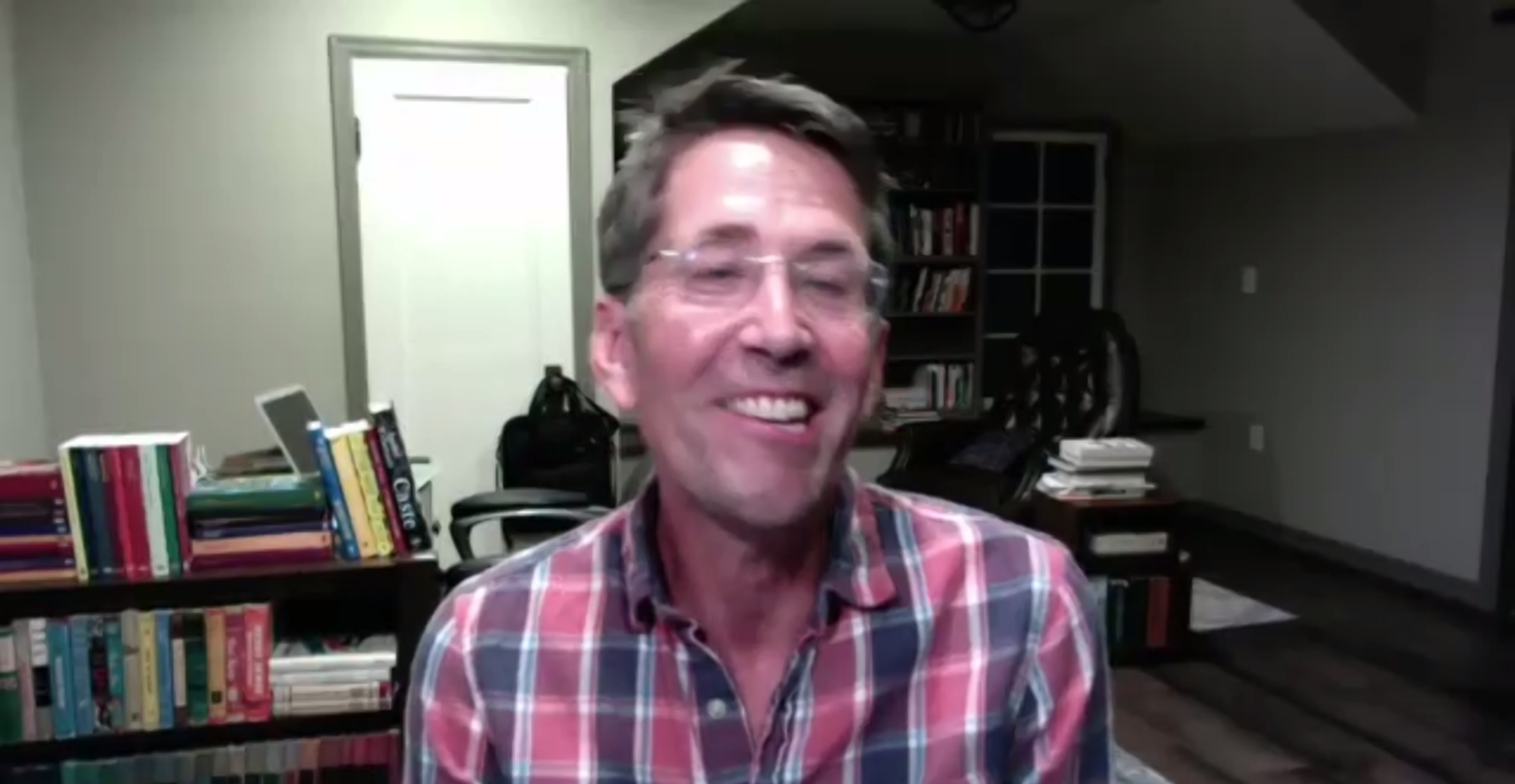 |
| Jess Walter |
Jess Walter, on his sixth PNBA now, mentioned how each event has been a great treat to meet and talk with booksellers, favorite writers, and authors he hadn't known before. His novel The Cold Millions (Harper, October 27) takes place in his hometown of Spokane, during the 1909 labor and free-speech protests, blending past events with present-day concerns. He set out to write "the most contemporary 1909 novel I could imagine," and created a rollicking western with hoboes, a vaudeville act with a live cougar, and "a pregnant 19-year-old activist demanding that the vagina be emancipated." As he wrote, he saw students demonstrating for climate change and reasonable gun laws today. "It's always the young and idealistic who drive these changes, these amazing moments in history."
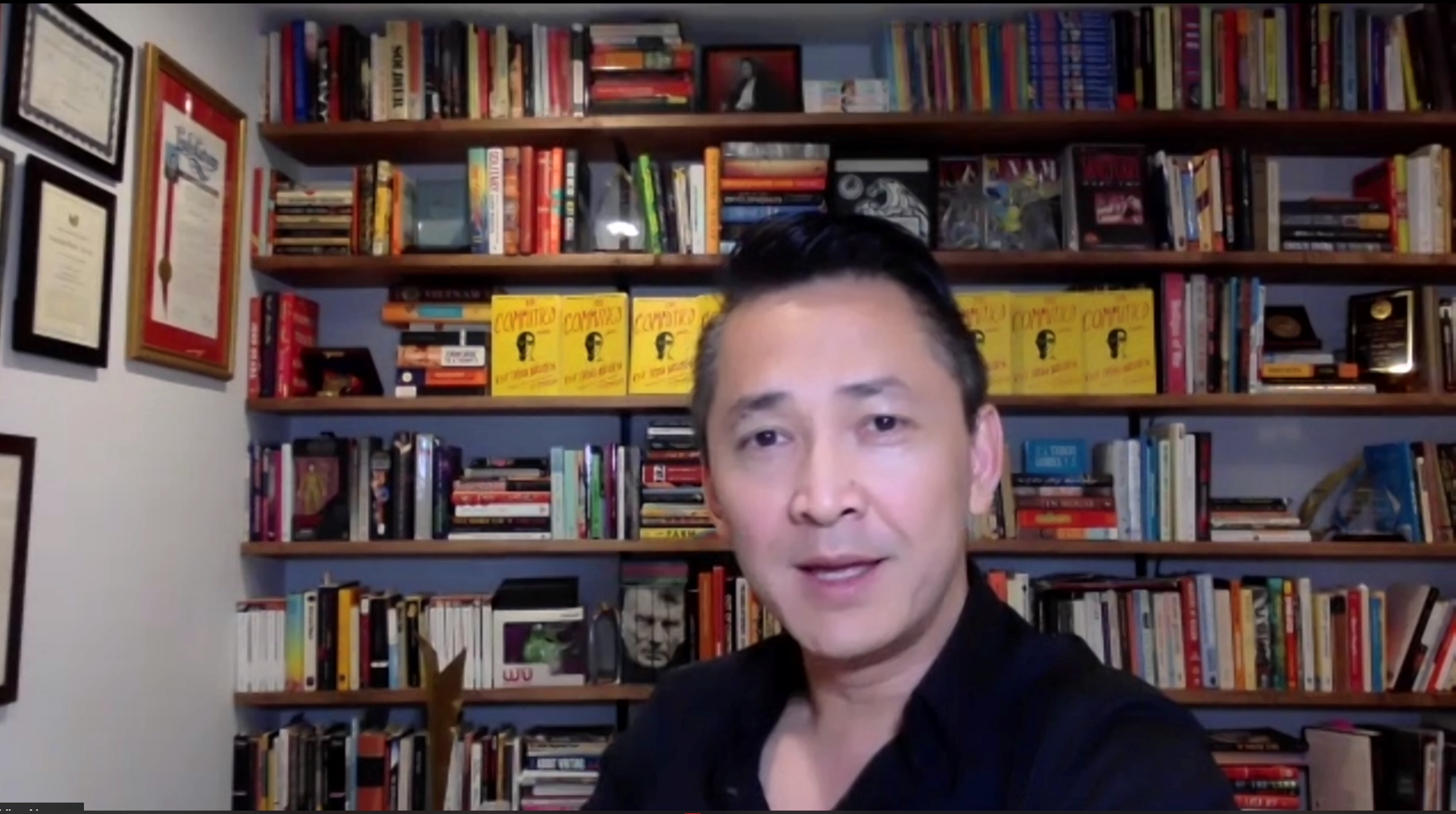 The event's closer was Viet Thanh Nguyen, the Pulitzer Prize-winning author The Sympathizer, who this week became the first Asian American on the Pulitzer board. The Committed (Grove Atlantic, March 2, 2021) is a sequel to the earlier novel, although the two don't need to be read in order. "But for those of you who haven't read The Sympathizer," Nguyen playfully added, "shame on you." He hadn't intended to write a sequel, but soon realized he wasn't finished with the characters or the themes. So, The Committed picks up in Paris as a sendup of leftist politics, a counterbalance to the satire of right-wing politics in the earlier book. "I'm bipartisan," he explained, rounding out an altogether engaging night with lively facetiousness. --Dave Wheeler
The event's closer was Viet Thanh Nguyen, the Pulitzer Prize-winning author The Sympathizer, who this week became the first Asian American on the Pulitzer board. The Committed (Grove Atlantic, March 2, 2021) is a sequel to the earlier novel, although the two don't need to be read in order. "But for those of you who haven't read The Sympathizer," Nguyen playfully added, "shame on you." He hadn't intended to write a sequel, but soon realized he wasn't finished with the characters or the themes. So, The Committed picks up in Paris as a sendup of leftist politics, a counterbalance to the satire of right-wing politics in the earlier book. "I'm bipartisan," he explained, rounding out an altogether engaging night with lively facetiousness. --Dave Wheeler









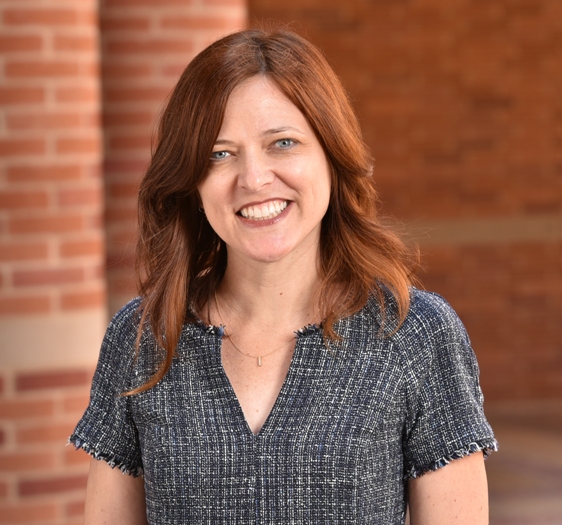




.png)







 The event's closer was Viet Thanh Nguyen, the Pulitzer Prize-winning author The Sympathizer, who this week became the first Asian American on the Pulitzer board. The Committed (Grove Atlantic, March 2, 2021) is a sequel to the earlier novel, although the two don't need to be read in order. "But for those of you who haven't read The Sympathizer," Nguyen playfully added, "shame on you." He hadn't intended to write a sequel, but soon realized he wasn't finished with the characters or the themes. So, The Committed picks up in Paris as a sendup of leftist politics, a counterbalance to the satire of right-wing politics in the earlier book. "I'm bipartisan," he explained, rounding out an altogether engaging night with lively facetiousness. --
The event's closer was Viet Thanh Nguyen, the Pulitzer Prize-winning author The Sympathizer, who this week became the first Asian American on the Pulitzer board. The Committed (Grove Atlantic, March 2, 2021) is a sequel to the earlier novel, although the two don't need to be read in order. "But for those of you who haven't read The Sympathizer," Nguyen playfully added, "shame on you." He hadn't intended to write a sequel, but soon realized he wasn't finished with the characters or the themes. So, The Committed picks up in Paris as a sendup of leftist politics, a counterbalance to the satire of right-wing politics in the earlier book. "I'm bipartisan," he explained, rounding out an altogether engaging night with lively facetiousness. --


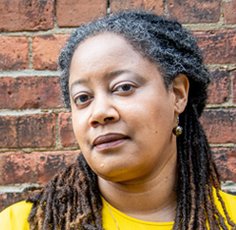
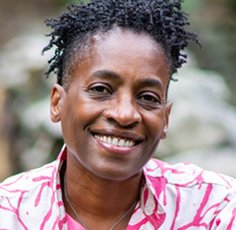
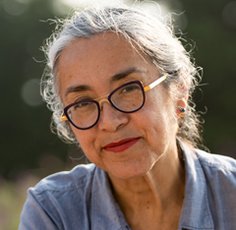
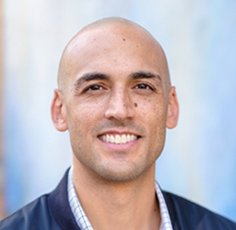
 Posted on Facebook by
Posted on Facebook by 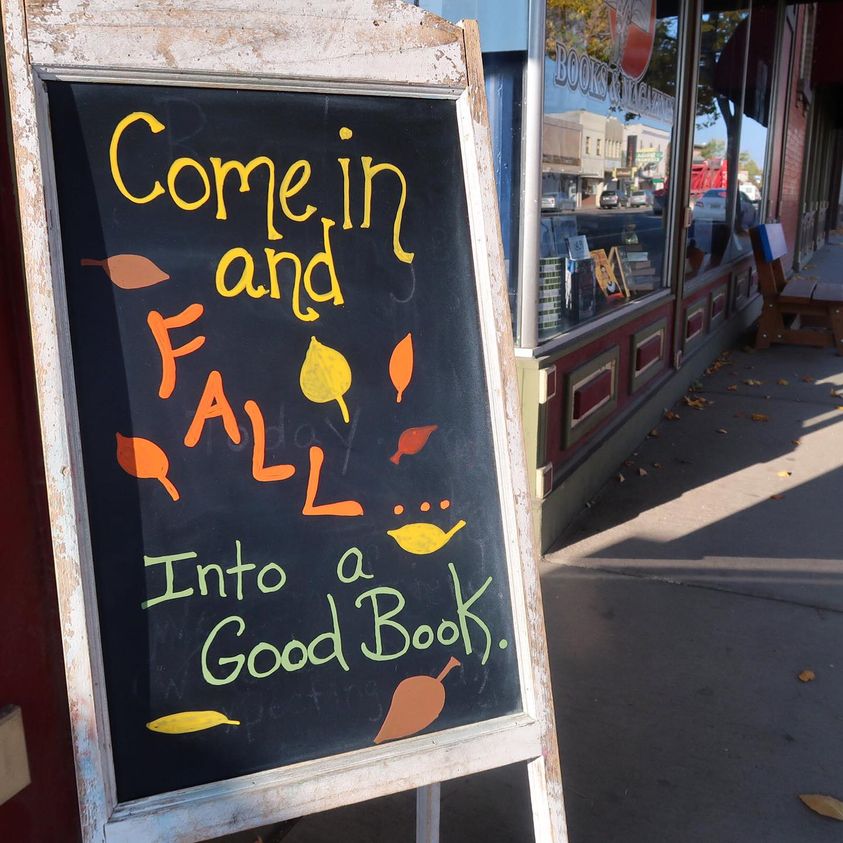
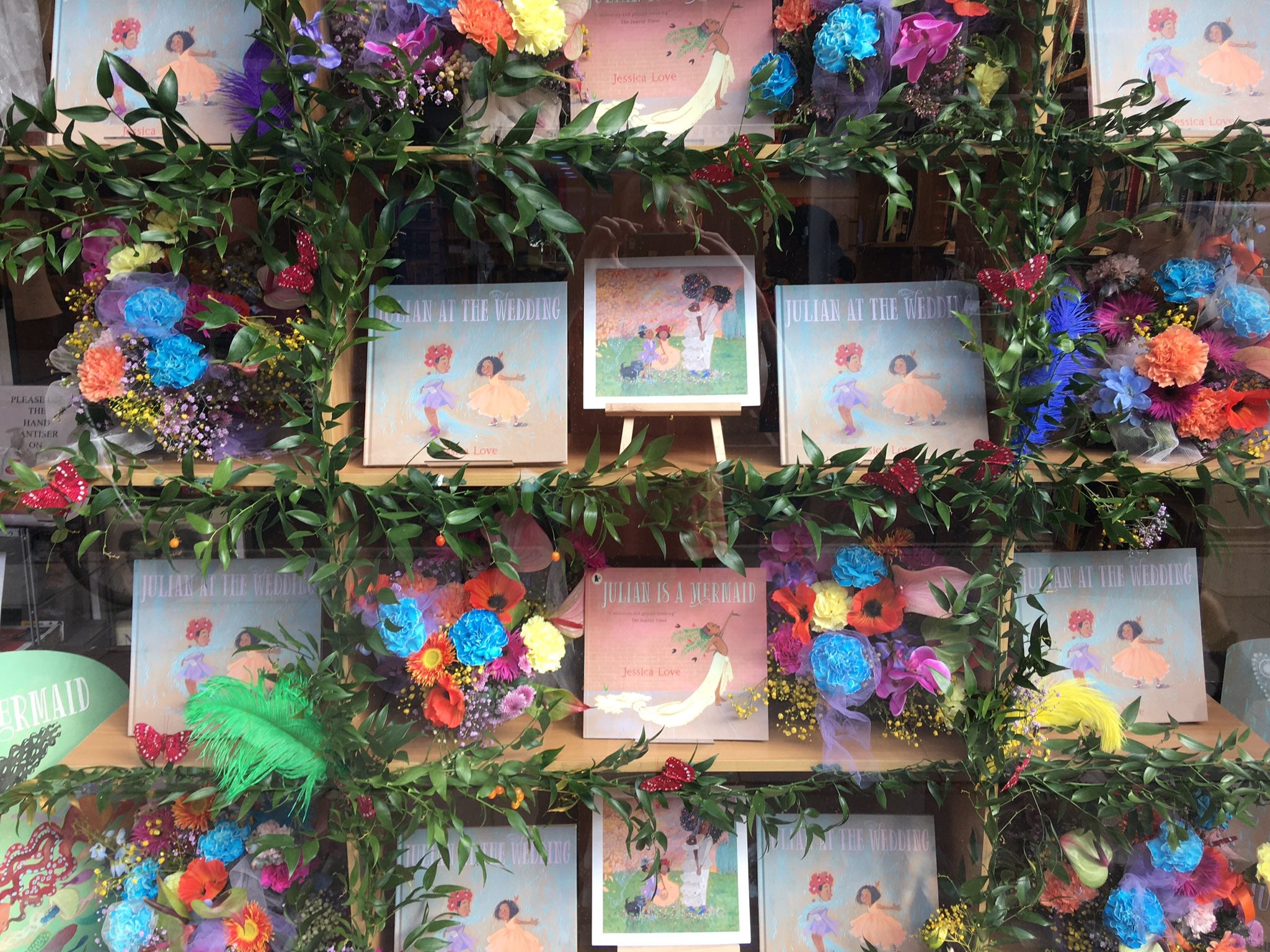 British bookseller
British bookseller 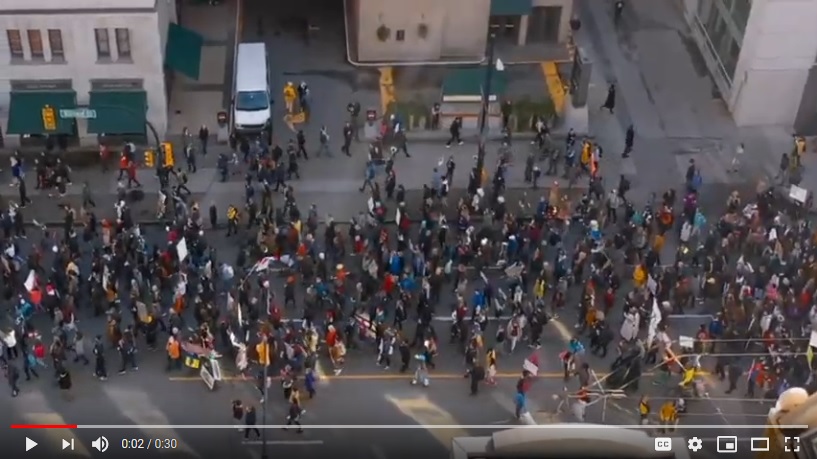 Loudmouth
Loudmouth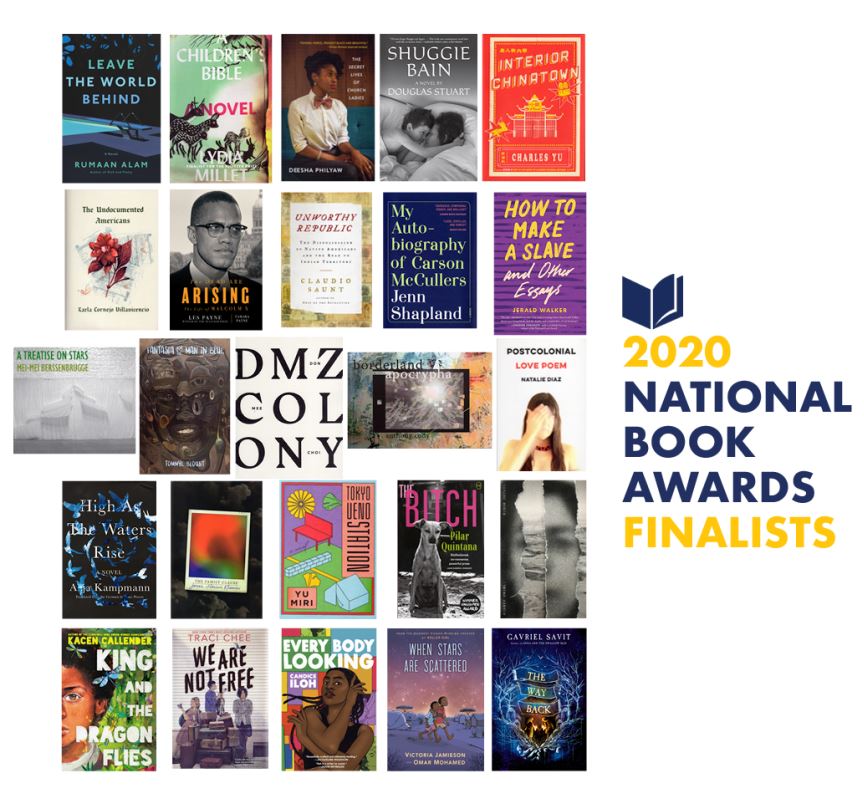 The National Book Foundation announced the finalists for this year's
The National Book Foundation announced the finalists for this year's 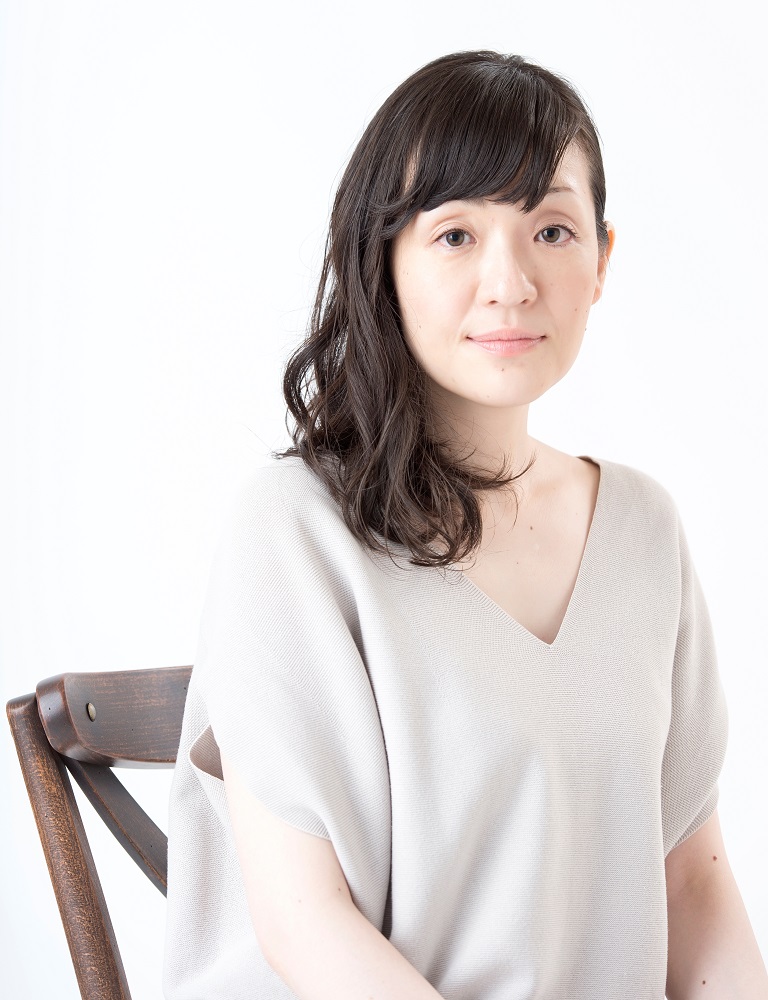
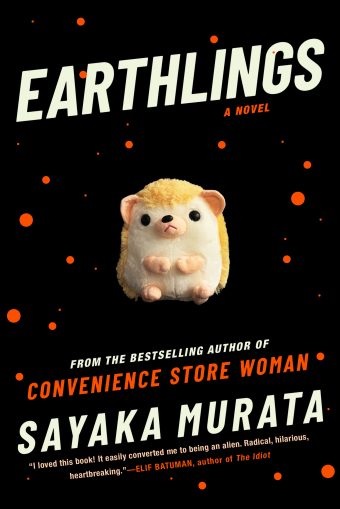 Book you're an evangelist for:
Book you're an evangelist for: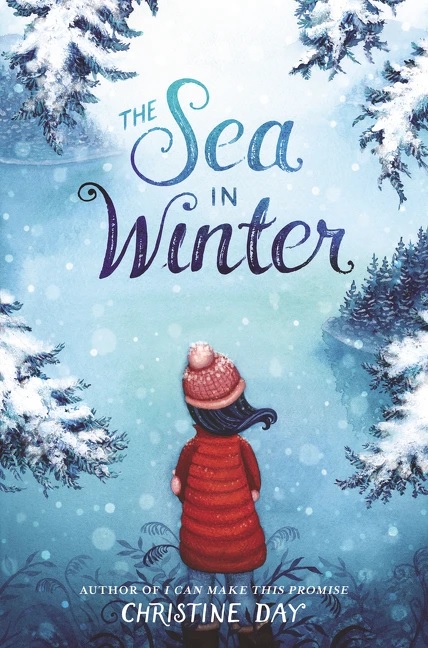 An injury tests a young dancer's resilience in this touching middle-grade slice-of-life, road-trip drama by Upper Skagit author Christine Day (I Can Make This Promise).
An injury tests a young dancer's resilience in this touching middle-grade slice-of-life, road-trip drama by Upper Skagit author Christine Day (I Can Make This Promise).